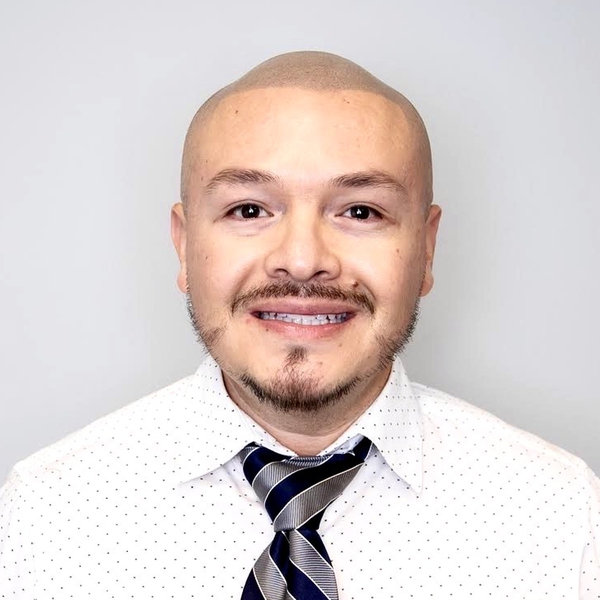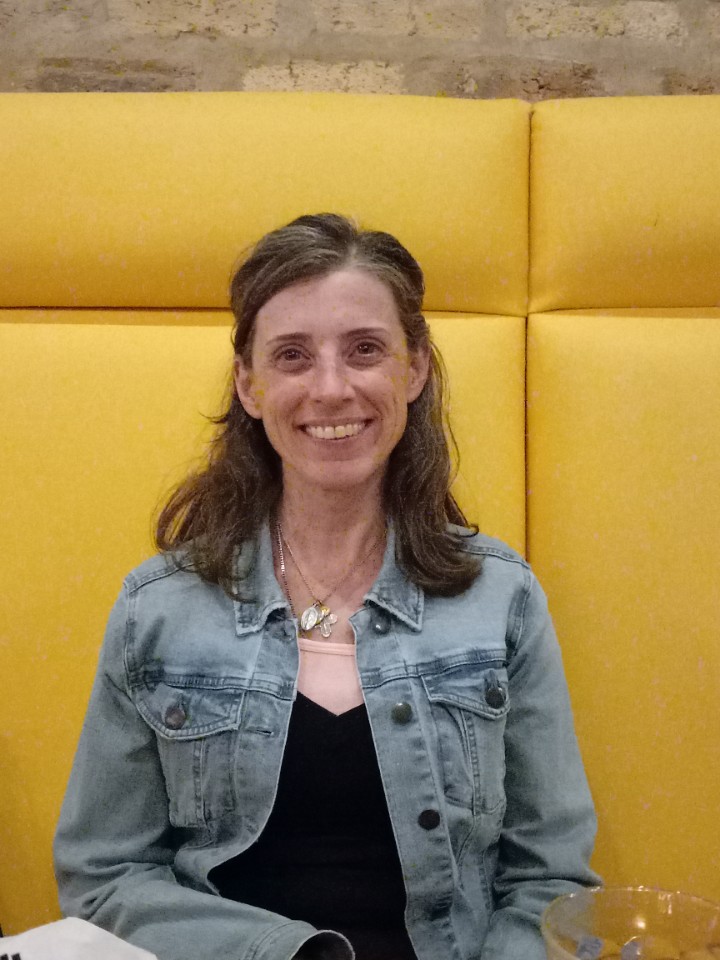The impact of Priestly Formation
By: Father John Patrick DePalma
Upon recently returning to Mundelein Seminary for a brief visit, a few seminarian friends asked me what it was like to be a parish priest and if I felt equipped for the many responsibilities that have been entrusted to me.
This has prompted me to share a little about my experiences of accepting the responsibilities of a priest in a parish setting. Thanks to Mundelein Seminary I have been formed in the human, intellectual, pastoral, and spiritual dimensions of priestly ministry and life. These dimensions of my vocation are more than information or even a knowledge base, but consist of practices in priestly formation that have been gained through lived experiences, which I return to on a daily basis.
Beginning with human formation, the “Green Mile” salad bar at Mundelein was incredibly conducive to my preference for a plant based high protein ketogenic diet. I am also grateful for the emphasis on self-care and supportive relationships that are built into the social network of the CAM system at Mundelein Seminary. In addition, thanks to a few forerunners from the Joliet Diocese and the empowering philosophy of the seminary administration, the Fit Shepherds Fraternal Fitness groups that I participated in during my last year at Mundelein has been successfully implemented in my new parish assignment of St. Vincent de Paul Parish in Federal Way, WA in the form of a Prayers and Planks Men’s Ministry.
When it comes to writing homilies and teaching religious education, I find myself frequently referencing papers and notes from previous coursework to help inform the pertinent topic at hand in a pastorally practical manner. Likewise, my confidence in liturgical and outreach ministry was greatly increased because of the Tolton Teaching Parish Program, which granted the opportunity to serve in a single parish community over four years of study at Mundelein. During my time serving at St. James Parish in Highwood, I received mentoring in how best to implement an Adult Faith Formation program and taught High School Confirmation. Both ministries have directly informed my priestly ministry, allowing me to step into similar ministries in my current assignment with a sense of connection and confidence.
At the most fundamental level of formation, I can truly say that the habit of daily prayer has become an indispensable part of my daily routine as a result of cultivating this discipline during my time at Mundelein Seminary. Although the temptation to spend more time working and less time in prayer is always at bay, the practice of waking early to spend time before Christ in the tabernacle has convincingly come to my aid when discerning how best to respond amid difficult circumstances. This is especially true when accompanying parishioners suffering from grief and loss while seeking healing and hope.
In conclusion, these four dimensions of priestly formation were frequently modeled and brought to life by the faculty, staff, administration, and fellow seminarians during my tenure at Mundelein Seminary. The bottom line is that Mundelein is a place that cultivates a mutual confluence of people who care about forming priests for parish ministry and parish ministries who care about forming priests who serve people.


